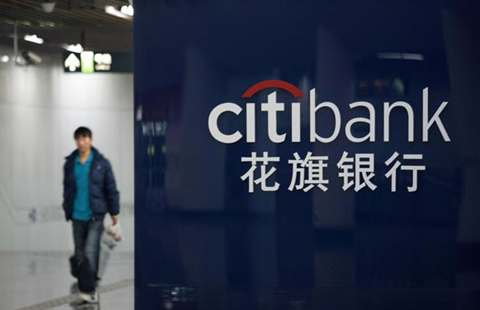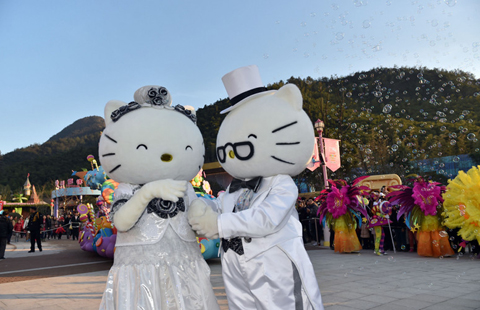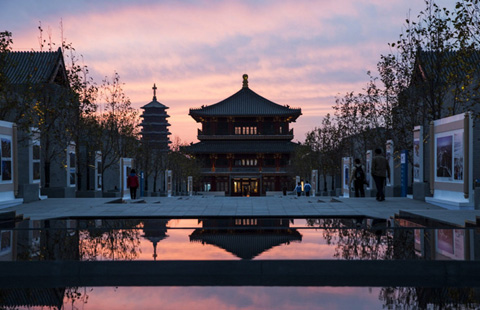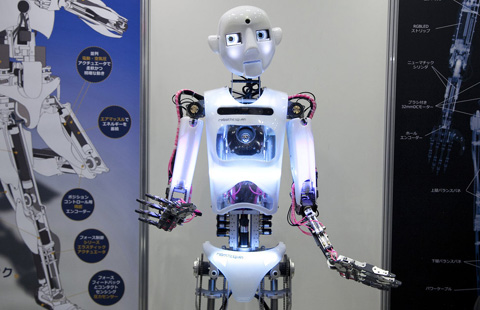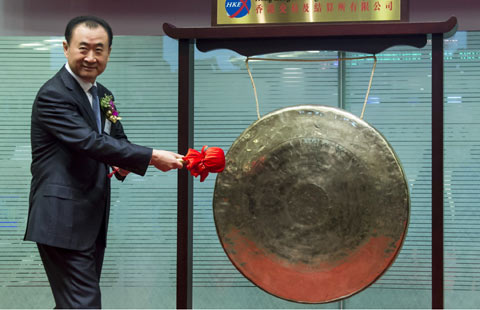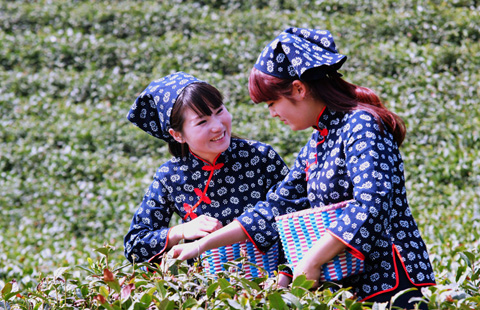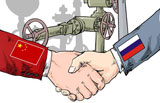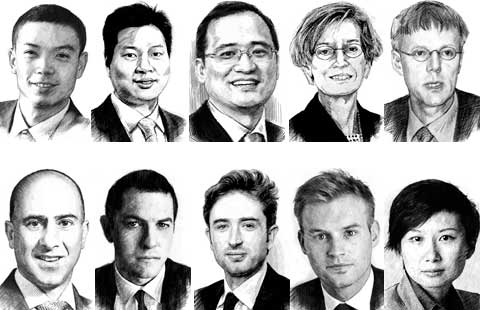Fuzhou growers turn over a new leaf with jasmine still at its core
By Hu Haiyan/Hu Meidong/Sun Li (China Daily) Updated: 2015-01-06 09:17Standing in the company's jasmine tea field, Huang Daojun, a director of Mantangxiang, pointed to other problems in the industry.
"For farmers in the early 1990s, one household could pull in profits of more than 10,000 yuan a month, but those big sums are a thing of the past as a result of stiff competition and increasing labor costs. It has also gotten harder to find the right workers. For many young people, life on a farm is not exciting enough."
Mantangxiang produces about 20 tons of prime quality tea a year and about 100 tons of medium-quality tea.
Not far from the jasmine tea field, the group has also developed jasmine tea culture scenic spots to promote tea culture.
Weng Fashui, 43, president of another local jasmine tea producer, Fujian Min Rui Tea, said that if people outside China learned a bit about jasmine tea culture, they would realize it is not that difficult and that there is a lot of enjoyment in it.
The company, set up in 1993, employs about 60 people, and said its profit last year was between 3 million yuan and 4 million yuan, on sales of about 70 million yuan.
As with other companies, Fujian Min Rui Tea said its sales are mostly flat, and that it has its eye on the European and US markets.
Weng, who has been in the industry for about 30 years, said low-end products, most priced at about $10 for 500g, are the best sellers.
"We produce more high-value added products for the overseas market," Weng said.
He said he was trained to produce jasmine tea when he was young.
"Few people are interested in learning the techniques. We need to create a culture in which people take the initiative to appreciate tea, regarding it as much more than an afternoon refreshment. This would certainly increase demand overseas."
- China likely to see 60% more IPOs in 2015
- Bank of China authorized for RMB clearing business in Kuala Lumpur
- Macao's future still anyone's to bet on
- Liquidity vital to cementing stocks outlook
- Shanghai OKs oil, gas trading center
- Strong year to spark more foreign interest
- Sausage seller uses mobile payment for better hygiene
- Antitrust law may reshape vehicle sector


